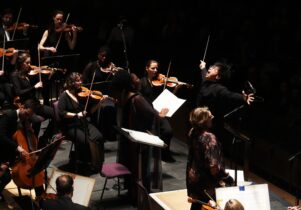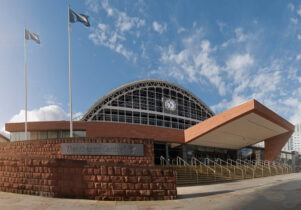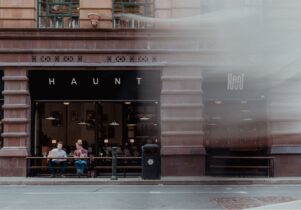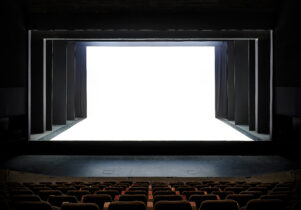The Hallé: A Sea Symphony at The Bridgewater Hall
Johnny James, Managing EditorBook now
The Hallé: A Sea Symphony
Always double check opening hours with the venue before making a special visit.
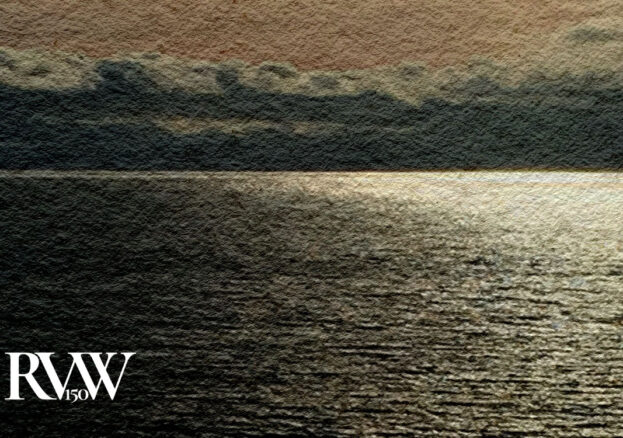
The range of Ralph Vaughan Williams’ symphonic writing could hardly be expressed better than in the pairing of his First and Sixth symphonies in one programme by the Hallé.
20th-century British composer Ralph Vaughan Williams declared himself a symphonist in 1910, the year of the first performance of A Sea Symphony. This was the first work in which he spoke with full confidence and resonance the language of his English heritage, and it’s not exaggeration to say that it set the stage for a new era of British symphonic and choral music.
Influenced by the composer’s labours on The English Hymnal – a hymn book published in 1906 for the Church of England – the work is sometimes seen as more of a cantata (a narrative piece of music for voices with instrumental accompaniment) than a symphony in the ordinary sense; it’s one of the very first symphonies in which a choir is used throughout the work, as an integral part of the musical texture. Helping to form that texture is the Hallé Choir with soprano Masabane Cecilia Rangwanasha (Song Award winner of the BBC Cardiff Singer of the World 2021), along with Roderick Williams, described by the Daily Telegraph as “our greatest living baritone”.
Setting Walt Whitman’s poetry, the work is as contemplative and quietly magnificent as its texts (though Whitman’s poems were little known in England at the time, Vaughan Williams was attracted to them for their ability to transcend both metaphysical and humanist perspectives). It opens in surging, majestic style, working towards a searching finale which Sir Mark Elder, who conducts tonight’s concert, views as “a mystical journey to the stars and beyond.”
The Sixth Symphony couldn’t be more different – a disturbing piece, full of anguish and unanswered questions. It came after the reassuringly pastoral Fifth, which many saw as a “taking back” of the harshly dissonant Fourth. Some even saw it as a sign that the composer, at 71, had his eye on heaven. But Vaughan Williams had no intentions of taking anything back. The turbulent mood of the symphony is laid out immediately, with clashing harmonies, wailing woodwind and surging strings. Extramusical interpretations concerning Hiroshima, nuclear war, and the Soviet Union’s division of Berlin and the West, flooded in after its 1938 premiere at the Royal Albert Hall. But the composer vehemently resisted all; these were simply the musical ideas that came to him when he put pen to paper.
But no question, this is, at times, a rather monstrous work, and one which leads to an apparently unsurmountable question. The symphony ends in 12 minutes of disquieting, hushed music that seesaws uncertainly between two clashing keys before fading into oblivion. Anyone at the time who thought that Vaughan Williams’ Fifth Symphony indicated a “softening” of the composer had quite a surprise when they heard the Sixth, which caused a sensation to rival only Elgar’s First Symphony, and inaugurated a prolific and fruitful 15-year creative spell. Vaughan Williams was by no means done yet…
This Bridgewater Hall concert is part of Toward the Unknown Region – RVW150, a complete symphonic cycle presented by the BBC Philharmonic and the Hallé, celebrating 150 years of Ralph Vaughan Williams.
Full-time students – £3 tickets (£5.50 with booking fees)
Anyone aged 30 and Under – 15% off the first three prices
